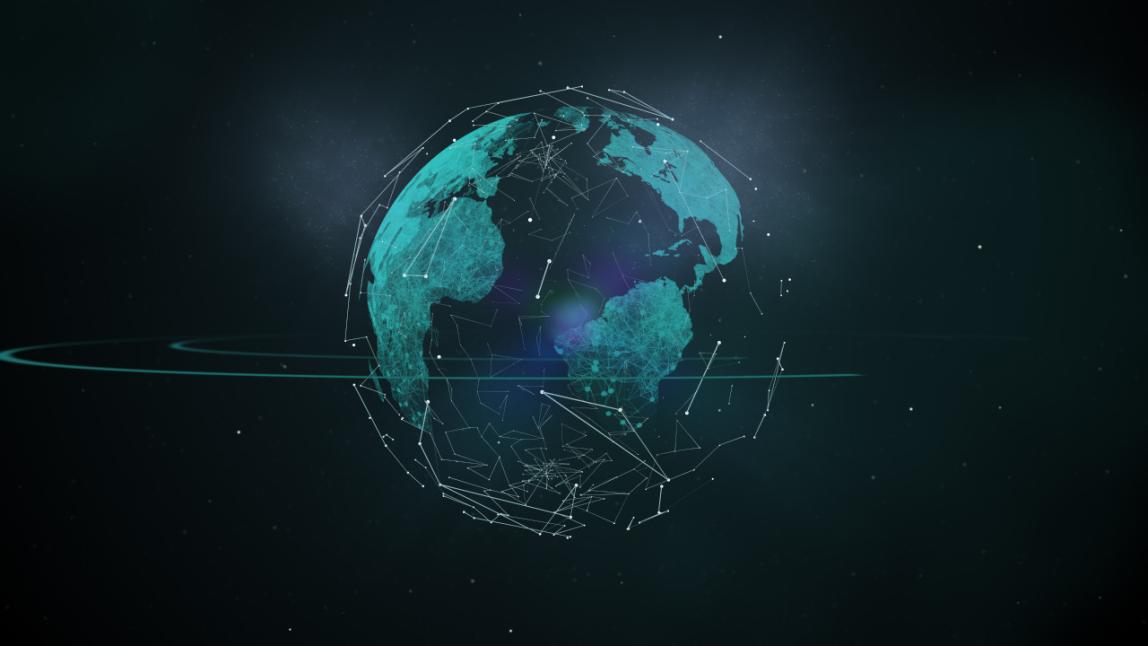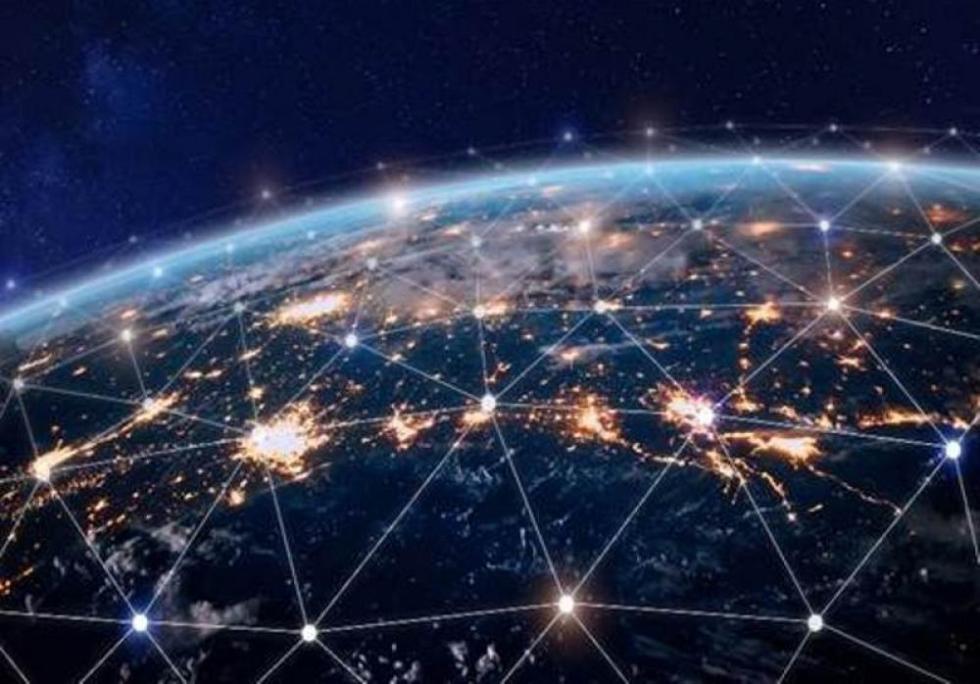Investigating the Ethical and Privacy Considerations in the Use of Satellite Data and Geospatial Data
With the rapid advancements in technology, satellite data and geospatial data are becoming increasingly accessible and widely used in various fields, including environmental monitoring, urban planning, agriculture, national security, and scientific research. While these data offer immense benefits, they also raise important ethical and privacy concerns that need to be carefully considered. This article aims to explore these considerations and highlight the need for responsible and ethical use of satellite and geospatial data.

Benefits Of Satellite And Geospatial Data
Satellite and geospatial data provide valuable insights and information that can be utilized for a wide range of applications, including:
- Environmental monitoring and disaster management: Satellite data can be used to monitor environmental changes, detect natural disasters, and provide early warning systems.
- Urban planning and infrastructure development: Geospatial data can be used to plan and develop cities, optimize transportation systems, and manage urban growth.
- Agriculture and crop monitoring: Satellite data can be used to monitor crop health, estimate crop yields, and provide information for precision agriculture.
- National security and defense: Satellite data can be used for surveillance, intelligence gathering, and border control.
- Scientific research and exploration: Satellite data can be used to study climate change, monitor biodiversity, and explore the universe.
Ethical Considerations
The use of satellite and geospatial data raises several ethical considerations that need to be addressed:
Privacy Concerns:
- Satellite and geospatial data can be used to track individuals' movements and activities. This raises concerns about surveillance and the potential for data misuse.
- It is essential to obtain informed consent from individuals before collecting and using their data. Data protection regulations should be implemented to ensure the responsible and ethical use of satellite and geospatial data.
Data Accuracy And Integrity:
- Ensuring the accuracy and reliability of satellite and geospatial data is crucial. Data manipulation and falsification can lead to misleading results and incorrect decision-making.
- Standards and protocols for data quality control should be established to ensure the integrity of the data.
Data Ownership And Access:
- Determining who owns and controls satellite and geospatial data is a complex issue. Balancing the interests of data providers, governments, and the public is essential.
- Promoting open access and data sharing for research and development can foster innovation and collaboration.
Privacy Considerations

Protecting individual privacy is a key concern when using satellite and geospatial data:
Legal And Regulatory Frameworks:
- Existing laws and regulations governing the collection, use, and disclosure of satellite and geospatial data need to be reviewed and updated.
- Comprehensive and up-to-date privacy legislation is necessary to address the unique challenges posed by these technologies.
- International cooperation and harmonization of privacy laws are essential to ensure a consistent approach to data protection.
Data Anonymization And Encryption:
- Techniques for protecting the privacy of individuals in satellite and geospatial data, such as anonymization and encryption, need to be developed and implemented.
- Balancing the need for data accuracy and the protection of privacy is a key challenge.
- Developing innovative privacy-preserving technologies can help mitigate these challenges.
Public Awareness And Education:
- Raising awareness about the ethical and privacy implications of satellite and geospatial data is essential.
- Educating individuals about their rights and responsibilities regarding data privacy is crucial.
- Promoting responsible and ethical use of satellite and geospatial data can help build trust and confidence in these technologies.
The ethical and privacy considerations associated with the use of satellite data and geospatial data are complex and evolving. Striking a balance between the benefits of these technologies and the protection of individual privacy is a critical challenge. Continued research, policy development, and public discourse on these issues are necessary to ensure the responsible and ethical use of satellite and geospatial data in the years to come.

YesNo

Leave a Reply